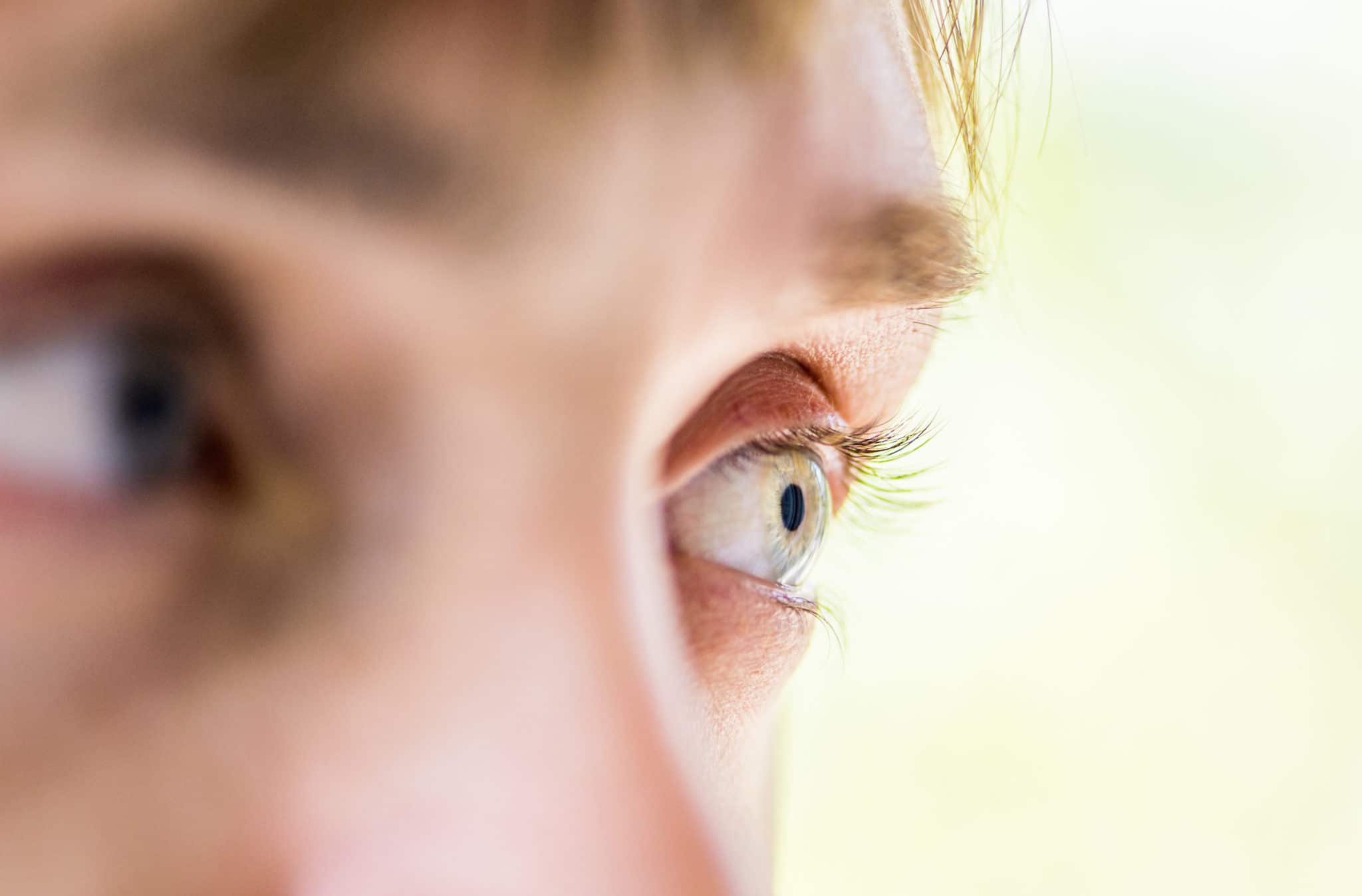How Diabetes Affects Your Eyes
- Posted on: Feb 15 2018
- Leave a response

At The Eye Clinic, we help our diabetic patients manage, and in some cases prevent, serious eye conditions. But catching these conditions early is critically important, so it’s equally important to have regular eye checkups with us.
Early diagnosis is the key
Diabetic-related eye problems develop from high blood sugar levels, which can cause damage to blood vessels in the eye. Over 40 percent of diabetic patients will develop some form of eye disease in their lifetime. But these conditions don’t scream for attention. In fact, early on many related eye conditions don’t exhibit noticeable symptoms to the patient. But during your eye exam at The Eye Clinic, we can spot problems early on.
Beyond your regular exams, if you have any of these symptoms, we need to see you immediately.
- Your vision suddenly becomes blurry for more than two days.
- Your vision in both eyes suddenly goes away.
- You see floaters, black spots, or strings that seem to float appear in your field of vision.
- You see blinding or flashing lights.
- There is sudden pressure or pain in your eyes.
Common eye complications related to diabetes
Glaucoma
Diabetes increases the likelihood of a person developing glaucoma by over 40% over someone without diabetes. This risk increases as a person ages, particularly if they have had diabetes a long time. Glaucoma is a result of the buildup of pressure in the eye because drainage is significantly slowed down. This pressure eventually affects the optic nerve, causing vision damage.
Cataracts
Cataracts are a very common age-related eye condition. But a person with diabetes can develop cataracts at a younger age than the overall population. Overall, diabetes increases the chances of developing cataracts by 60%. In cataracts, the lenses of the eyes become clouded and need to be replaced with artificial lenses.
Retinopathy
Retinopathy is a group of disorders that affect the retina of the eye. They are classified as non-proliferative and proliferative. Almost all patients with Type 1 diabetes will develop non-proliferative retinopathy, while only a smaller percentage of Type 2 diabetes patients develop it.
If you have diabetes, it’s important to see the team at The Eye Clinic for regular eye exams. Call us at our St. Vincent, (503) 297-4718, or Downtown, (503) 228-6681, locations to make your appointment.
Posted in: Diabetic Eye Care

